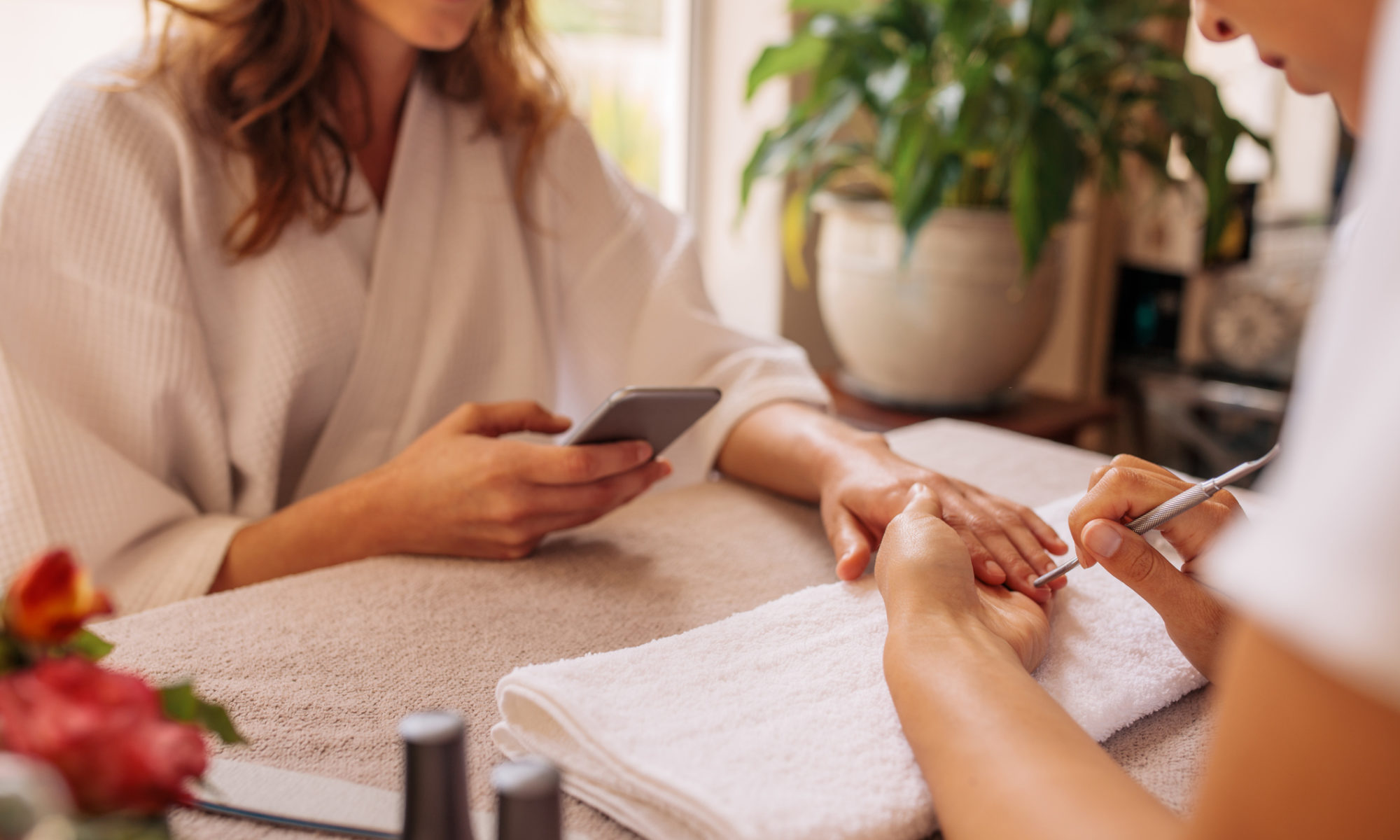The moment you unveil your new website can have a big impact on its performance in the early days. It’s important to pick the right date to premiere your website, but choosing the right day is not always that straightforward. Here is some advice on how to choose the right date and day of the week to launch your site.
What is the best date?
The first question to ask is whether your business is a seasonal one. Is there a certain time when your target audience will most want to use your products/services? When is that time? For example, it wouldn’t be a great idea to launch your new skiing equipment store right at the end of the ski season, as nobody will be looking for new products at that time. Find out when your audience is likely to be most active online, and aim to put it out then.
What is the best day?
Days of the week, and times of day, make a difference for different audiences, but also for you…
For example, launching a site on a Friday is one of the worst things to do. This is because putting your website online is not going to be a smooth process; you want your web team, client, host, and the domain registrar all to be ready in case issues arise. These negatives hold true for launching your site on a Saturday or a Sunday, especially if your product is designed for a corporate audience.
Tuesday is one of the best days to launch your site, as it’s likely that your potential clients are browsing online and haven’t yet been bogged down in so much work that they don’t have time to look at your site. Choosing Tuesday means that not only do you have Monday to properly prepare your team and tease out any loose ends when your brains are fresh, it also gives you the rest of the week to work with your team to deal with potential bug fixes or other problems as and when they arise.
The right day could be completely different for a different company though; make sure you know when your target audience is most online so that you can identify the best day and time to reach them with a new website. There is no one-size-fits-all solution, but with the right work and attention to general trends and statistics, you can get an idea of what day might work best for you.
Be prepared and plan ahead
It is always a good idea to plan ahead to ensure a successful website launch. And, once your website goes live there is a whole new list of things you need to prepare for. For example, you need to plan who you are going to tell about the launch and what platforms to use on social media. Influencers and news sources that speak to your target audience are important too. You’ll also need to set aside some time to respond to people when they have queries about your business.
There are no real shortcuts when it comes to making a success of your website launch. You will need to do the research and plan accordingly to see the best results. You know your business, and this empowers you to understand who your target audience is. If you’re unsure, by downloading our free ‘A beginners guide to buyer personas’ will help you learn more about them, find out their habits, and launch your website at a time that they will be receptive to it.
Having a website is crucial for every business. If you haven’t created yours yet, why don’t you check out Go Sitebuilder? Create your website from anywhere without the need for any technical skills. Try Go Sitebuilder free for 14-days to see just how easy it is to get your business online.









